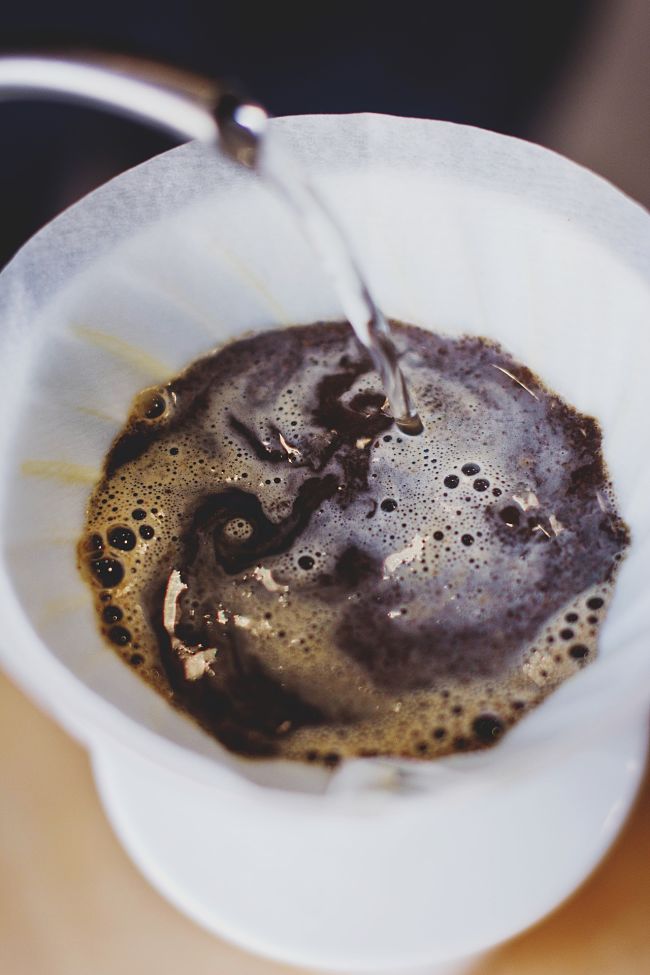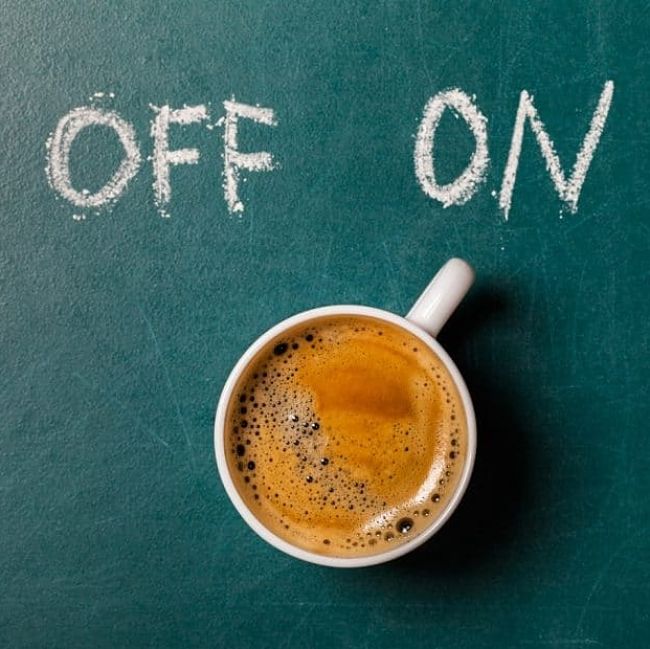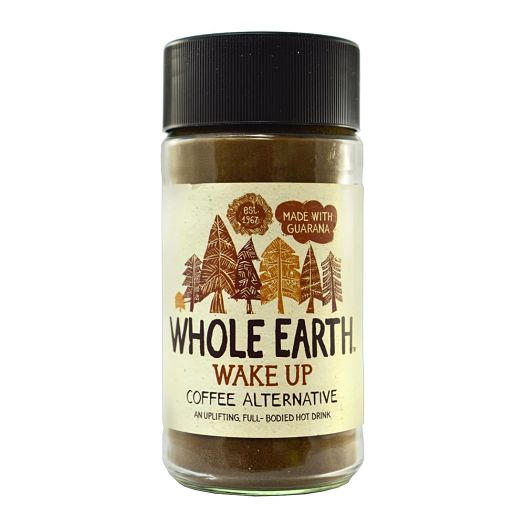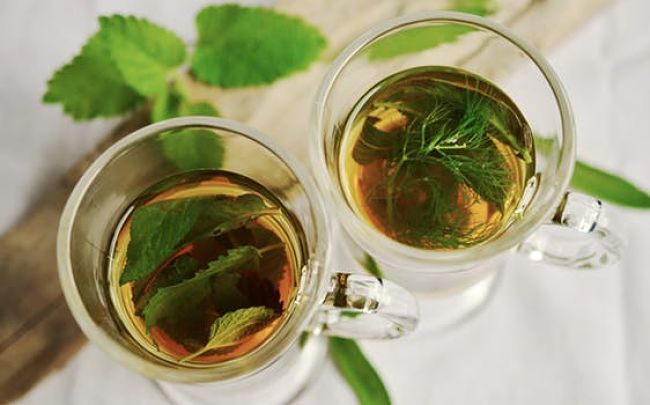Q&A: Best Alternatives to Coffee - What to Drink Instead of Espresso?
Espresso is the caffeinated coffee drink that is generally held in high regard because everyone loves an Espresso made just the way they like it! If you are hooked on Coffee, including the rituals, but want to kick the caffeine habit or eliminate coffee entirely, what are the genuine alternatives?
There is always decaffeinated espresso coffee but that only appears to enhance the cravings for a genuine one.
Even though not precisely identical with filtered coffee (black coffee), espresso has some of the identical characteristics of a jolt packed serving of coffee. Millions of people all over the world drink espresso right all their lives and perhaps 4, 5 or even 6 times every day

Is Caffeine Addictive?
Generally if a person regularly drinks espresso is denied their regularly hit, and can't get their hands on an espresso shot, they could literally go nuts! Caffeine is not as addictive as cigarettes but is nevertheless hard to break the habits and there are mild withdrawal symptoms. On the other hand there are some good alternatives to an espresso beverage if you are can't or don't want to drink it anymore for some reason or another.
Many people away on business trips and vacations may have a hard time finding espresso makers, so there needs to be a decent alternative to get you started in the morning and keep you on the go when you get tired in the afternoon.
Energy Drinks
Even though power beverages may have much more caffeine in them than an espresso, numerous people find them unsatisfactory as a substitute. It ain't Hot! If one drinks several espresso shots throughout the day then the major reason is to boost flagging energy level. But there is more to the custom of the espresso that caffeine - Why not just take a caffeine table (save the water). Having an espresso is the whole process of leaving you work space to get one. It is having one made for you - the smells, sounds, the look of a good espresso and the many other things that are part of the ritual. The alternative must replace some of these experiences. On another hand, power beverages such as Red Bull have the identical jolt response, if not a more hefty one! There are many types of power beverages on the market today and numerous people use them for the same reason that espresso is consumed: power, energy and caffeine hits galore!
Chewing Gum
Even though it doesn't appear like chewing gum would have the same that espresso does, many people use it as part of their 'Get up and Go' routine in the morning. Not only is the taste in many of the gums appealing, like Peppermint, Wintermint, or even Raspberry, but numerous people have discovered chewing gum a helps to kick- start their mornings.
In addition, chewing gum is also a good way to get rid of 'morning breath' if you know that you have the problem. If you choose a sugar-free gum it can also be good for your teeth.
Diet Cola, Soda Pop
Drinking a can of diet cola is also a very good alternate for many people for an espresso shot. Compared with the power beverages, for example Red Bull, these beverages have much less caffeine in them and much less sugar as well. But they are likely have identical amounts of caffeine as one or two shots of espresso. This makes the comparison between espresso and soda drinks a lot easier even though you'll be missing the entire coffee taste of the espresso. Nevertheless, many people use a morning Coca-Cola or Pepsi in the afternoon to wake themselves up!
Regular Black Coffee
Espresso is normally consumed for the awesome flavour that it has been renowned to have, but normal coffee can the same energizing result as an espresso shot can. Watch out, though, because one cup of very strong brewed coffee likely has about 10 or more times the amount of caffeine that an espresso has!
Coffee Substitutes
These some of the best alternative to espresso that are worth a try are shown below. Many people swear by them:
- Black Tea represents more than 75% of the tea produced in the whole world, the black variation is also known as or orange pekoe. Because of the process of fermenting the leaves before drying, black tea contains relatively fewer antioxidants that can improve your health, than green tea. When compared with other teas, black tea has the highest concentrtaion of 'theaflavin', which is considered to limit the threat of cancer and cardiovascular disease. Black tea is a good alternative to coffee because it has approximately 50 mg of caffeine per 8 ounce cup, as opposed to coffee that could have anywhere from 100-190 mg.
- Green Tea is much healthier because it comprises less than half the caffeine of coffee, it can still give you a gentle jolt if you’re looking for one. However, the caffeine is one of four key substances in green tea (the others: tannin, essentail oils and vitamins) and thus works in a different way in your system than does the caffeine in coffee.A good feature is that the caffeine in tea works "synergistically" with the other constituents to stimulate the metabolism and circulation. As more oxygen is circulated through the brain, mental activity increases, muscle functions improve and reaction time decreases.
- Barley Tea is considered by many as the flawless coffee substitute. It tastes like coffee, it smells like it… but it isn’t coffee! What is it? Barley tea is made from a cereal kernel that comes from the annual grass Hordeum vulgare. It is a broadly adaptable crop with a short growing time. Barley was first cultivated in the Near East and it was consumed by the Romans as a staple, until it was replaced by wheat. In Medieval Europe, barley baked bread was a staple nourishment for peasants, subsequently replaced by the potato in the 19th century. This cereal has been present in Chinese medicine over a long time span and is values for its astonishing wellbeing benefits. Nowadays, Barley tea is renowned round the world, so don’t be surprised if you find it going by different names when you travelling to Asia. In Japan, it is called mugicha, in China, dàmàichá and, in Korea, boricha.
- Chocolate - it has the caffeine but leads to other problems - the same concerns apply to hot chocolate It also has high sugar content and can be addictive - Do you want to go there?
- Caro Instant Beverage, is a widely available caffeine-free beverage that many people use as a coffee substitute. It is made by Nestlé and is widely available in Europe, Germany, the UK, New Zealand and Australia. Caro comprises only wholesome components such as: barley, malt, chicory and rye. It is apt for both young children and adults.
- Teeccino is a Caffeine-free Herbal Coffee that is a delicious combination of herbs, kernels, fruits and nuts that are baked and ground to brew and taste just like coffee. Coffee lovers are captivated by Teeccino's full-bodied, darkand 'roasted' flavour and its nutritious healthy benefits. Teeccino permits coffee drinkers to hold on their cherished coffee rituals with all the pleasure and satisfaction of a freshly brewed cup or coffee or an espresso
- Postum - An all-natural baked kernel coffee substitute
- Chicory is the most well liked of all coffee substitutes. You'll find it in coffee blends, as well as served by itself.
- Bambu is a blend of baked chicory, wheat and malted barley.
- Grain Gourmet An organic coffee alternate made with roasted grains.
- Pero An instant coffee alternate from Switzerland.
- Roastaroma is really an herbal tea, but comprises baked kernels and spices. It's more like a coffee.
- Soyafe A natural caffeine-free alternative made from baked soy beans.
- Chai tea is favoured by numerous as a wholesome alternate to coffee and decaf. The spices in chai have been shown to support various body systems, such as improving the circulation and the functioning of the immune system as well as increasing mental clarity and improving the general mood and feeling. While the black tea that is part of chai does contain caffeine, the amount is much less than in coffee - somewhere between the amount in coffee and decaf.
Related Articles
=> Benefits of Coffee and Caffeine for Team Sports and Gym Workouts
=> How Much Caffeine? Comparison Charts for Food, Coffee, Tea, Energy Drinks
=> Health Benefits Drinking Coffee and How Caffeine Lowers Risk of Depression
=> Homemade Iced Coffee Recipe Ideas and Options
=> Cappucino, Latte or Flat White - Which White Coffee Better for You?
=> Aussie Flat White Coffee Brew Marches Ever Onward to Conquer the World
=> Homemade Kahlua Recipes - How to Make Kahlua Coffee Liqueur Drinks
=> Excess Caffeine: Risks and Side Effects of Too Much Caffeine - Update





